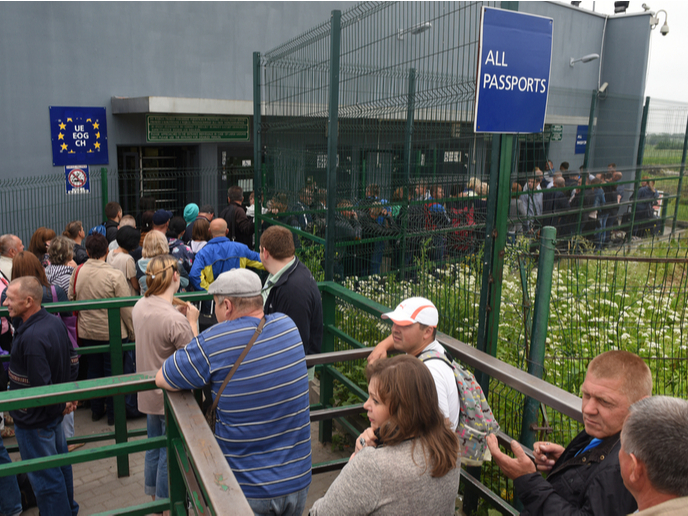Participatory app makes citizens feel safer in town
When put together, increased urbanisation, recent terrorist attacks and instant information make for a bitter cocktail. According to the 2016 report on the ‘State of EU cities’, homicides may have dropped by 40 % from 2002 to 2014, yet a growing number of city dwellers feel insecure. For Socrates Costicoglou, IT, Applications and R&D Director at Space Hellas, it’s a sign of the times: ‘Rapid urbanisation provides many opportunities for deviant or criminal behaviour, and many such behaviours instil fear in citizens. Engaging the community can revert this trend, and technology can prove an excellent means to this end, providing deterrence and protection from criminal events whilst working effectively against urban decay.’ This is precisely the purpose of CITY.RISKS (Avoiding and mitigating safety risks in urban environments) – an ecosystem of mobile and web applications developed by Space Hellas and its partners under the project of the same name. The system provides a continuous stream of real-time information about incidents, allowing citizens to navigate these risks and share their own reports. Enough, says Costicoglou, to make citizens feel safer and reduce the effects of crimes and other menaces to urban security. ‘The aim is to give first-hand responsibility to citizens,’ he explains. ‘CITY.RISKS leverages a set of innovative technologies like augmented reality, smart sensors, the Web and the social media, but more importantly uses the citizens’ smartphones as a tool for increasing their personal and collective sense of security.’ Concretely, the CITY.RISKS ecosystem comprises: a central platform that includes the Risk Management and Response Engine (RMRS) and the Data Management layer; a number of front-end client applications – namely the CITY.RISKS mobile application and the CITY.RISKS web app; a front-end client for the city operator (communities, city authorities); and the CITY.RISKS operation centre. ‘As part of the project, we have also developed an innovative Participatory Sensor System to protect citizens’ personal belongings empowered by crowd sensing,’ Costicoglou adds. Getting users on board The CITY.RISKS app is being piloted in London, Rome and Sofia and, as we wrote these lines, the team were still awaiting responses to their first set of surveys. But setting up these pilots generated useful insights: Providing overly technical information, for example, made recruitment more difficult than initially expected. Then, the fact that the app sometimes sent too many push notifications probably contributed to some users being put off. ‘An obvious lesson learnt is to make sure that the technical aspects of the app are as “complete” and functioning as possible. Another one is that, for a technological pilot to be successful, offline preparatory work is key. For example, it is apparent that the clear articulation of what the app does, its uses and its limitations need to be clearly exposed to participants, jargon-free and in a transparent manner,’ Costicoglou explains. Privacy, another key concern for citizens, was also a major concern of the team. ‘Although geolocation means that utter privacy can almost never be guaranteed, the CITY.RISKS platform is designed to enable citizens to collaborate in a primarily anonymous way. They can choose what personal information they wish to submit to the system,’ Costicoglou says. CITY.RISKS is already gathering ‘a lot of interest’ from potential customers like cities and city authorities. Partners like Space Hellas have already started integrating some of the project’s results in existing commercial offers related to security and smart cities. Furthermore, the consortium has received requests for the participatory sensor scheme to be deployed in other settings like child protection in malls.
Keywords
CITY.RISKS, app, citizens, city, urban environment, security, incident, crime







